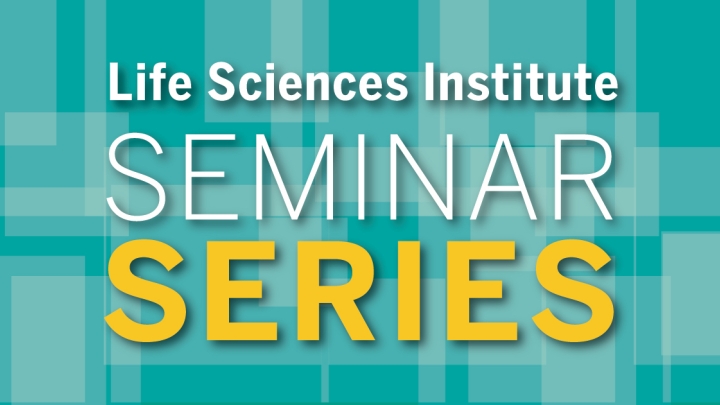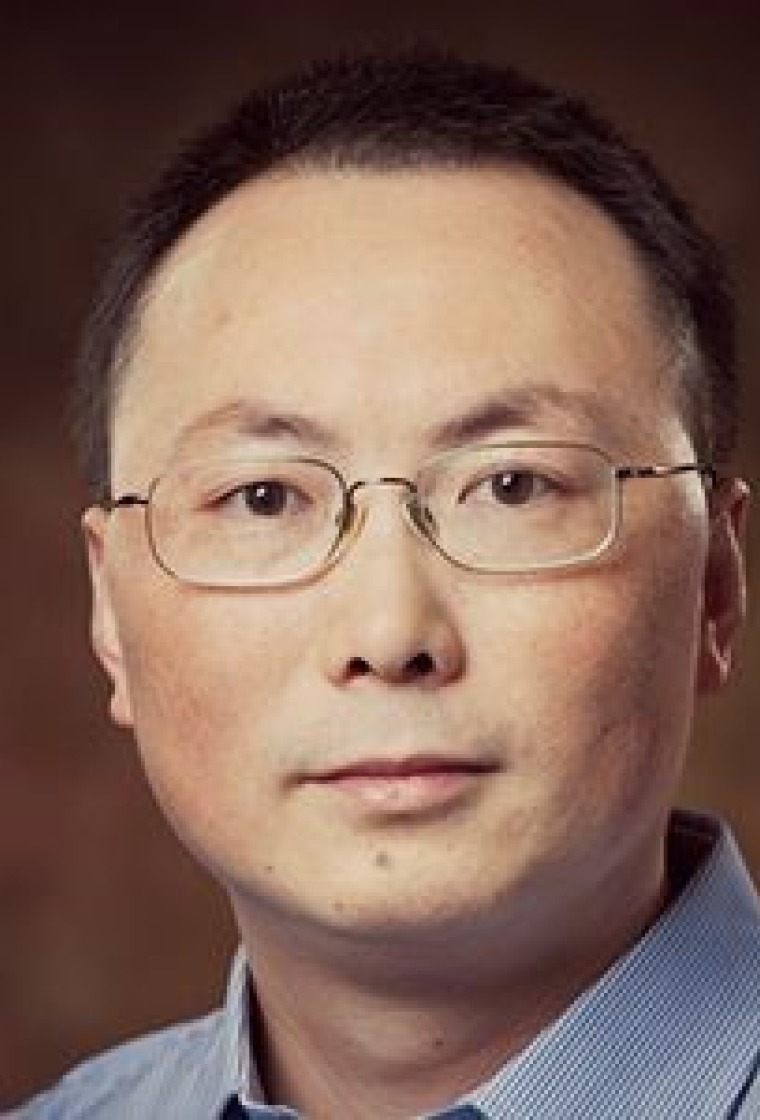
LSI Seminar Series: Hanchuan Peng, Ph.D., Allen Institute for Brain Science
Despite substantial advancement in the automatic tracing of brain cells' 3D morphology in recent years, it is challenging to apply existing algorithms to very large image datasets containing billions or more voxels, especially for applications such as morphometry of single neurons at the whole-brain scale. We have developed a new platform combining several newly developed technologies including Vaa3D, TeraFly, UltraTracer, and TeraVR (Nature, 2019), to attempt this challenge. Particularly, we have used TeraFly to invoke Vaa3D to quickly visualize the whole mouse brain image volume and manage the thousands of billions of voxels in each of the brain volume. We then used UltraTracer to wrap several efficient base tracers to trace such massive data volumes. Finally, we combined virtual reality and machine learning into a tool called TeraVR for efficient proofreading and editing of such reconstructed neuron morphology. We are further improving the integration of these tools for more scalable and accurate single neuron morphometry.
Speaker

Hanchuan Peng is the director of the SEU-ALLEN Joint Center and director of advanced computing at the Allen Institute for Brain Science. His lab develops revolutionary technologies to generate, manage, visualize, analyze and understand massive-scale structure and function data related to brains. Peng also led the Big Image Mining team at Janelia, HHMI. Peng is a highly cited inventor of a number of new algorithms and software/hardware systems, including Vaa3D - a widely adopted high-performance platform for very large multi-dimensional images, BrainAligner, SmartScope, mRMR, etc. He built and co-worked the first digital maps for several widely used model systems at single cell/neurite resolution, and led the “BigNeuron” initiative. Peng was inducted into AIMBE in 2019, is a co-recipient of USA National Academy of Sciences’ Cozzarelli Prize (2013), and a recipient of the DIADEM award (2010). His work has been featured in Nature, Science, NPR, and NBC, among others.


